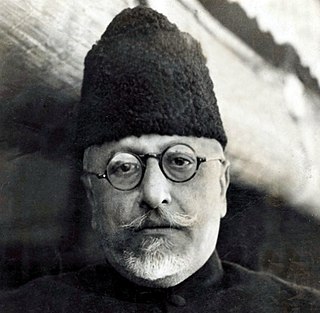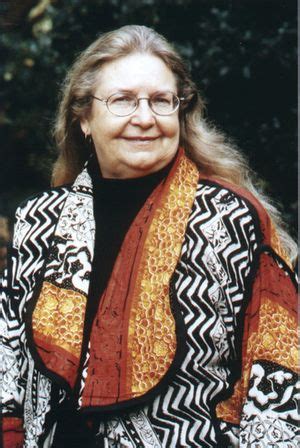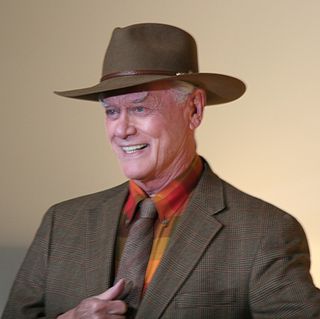A Quote by Karen Armstrong
Often when religious leaders come together, they talk about a particular sexual ethic, or an abstruse doctrine, as though this, rather than compassion, was the test of spiritual life.
Related Quotes
We brought the religious leaders and the secular development workers together in one room. We asked the religious leaders what are your reservations about development workers? And we asked the development workers, what are your reservations about religious leaders? It turns out that most of the problems are not really problems at all, but rather misunderstandings, misconceptions, and mis-communications.
We can work together for a better world with men and women of goodwill, those who radiate the intrinsic goodness of humankind. To do so effectively, the world needs a global ethic with values which give meaning to life experiences and, more than religious institutions and dogmas, sustain the non-material dimension of humanity. Mankind's universal values of love, compassion, solidarity, caring and tolerance should form the basis for this global ethic which should permeate culture, politics, trade, religion and philosophy. It should also permeate the extended family of the United Nations.
When there is pressure for leaders to respond to problems or crises, they often simply intensify their efforts in their particular defined sphere of activity - even if that's not relevant to the real problem. To do otherwise requires taking on entrenched practices and asserting power in areas where it often will not be well received. And leaders tend to see major crises more as threats to their own position rather than as systemic challenges for the societies that they govern or the institutions that they manage.
A comprehensive doctrine, either religious or secular, aspires to cover all of life. I mean, if it's a religious doctrine, it talks about our relation to God and the universe; it has an ordering of all the virtues, not only political virtues but moral virtues as well, including the virtues of private life, and the rest. Now we may feel philosophically that it doesn't really cover everything, but it aims to cover everything, and a secular doctrine does also.
It's true that to speak of an ethic of giftedness, which is very much the ethic that I deploy in raising questions about designer children and genetic engineering - an appreciation of the giftedness of the child or the giftedness of life does have religious resonance, because a great many religious traditions emphasize the sense in which the good things in life are not all our own doing; they are gifts from God.
I was convinced that worship at its best is a social experience with people of all levels of life coming together to realize their oneness and unity under God. Whenever the church, consciously or unconsciously, caters to one class it loses the spiritual force of the "whosoever will, let him come, doctrine and is in danger of becoming a little more than a social club with a thin veneer of religiosity."




































